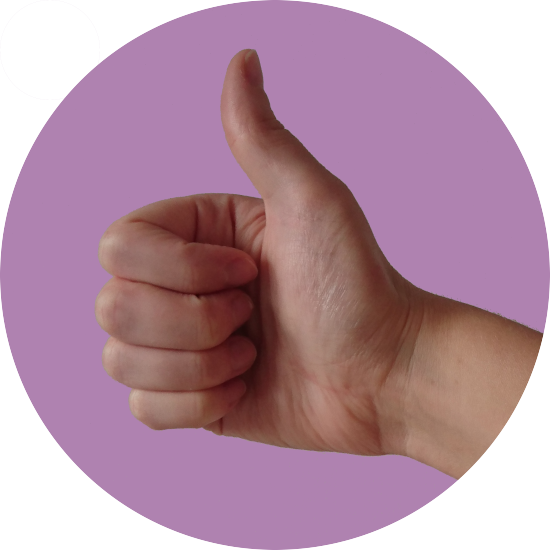I chat to journalist Amy Hetherington about growing up with hemiplegia, access to music at school, her career path, and one-handed horse riding
I reached out to Amy whilst researching the feasibility of finding an instrument to play one-handed. Currently I can only play the piano in short bursts due to nerve pain and have mostly given up playing the clarinet, but would love to get back into music somehow. I found the website for the One-Handed Musical Instruments Trust (OHMI) and saw Amy’s blog there. I was so grateful to talk to someone else with an upper limb disability who had experience of music (but not at an elite and unrelatable level). We branched out into other topics because I haven’t had much chance to speak to other disabled people lately and I wanted advice on more than just music, so I’ve split the article I was planning to write on OHMI and the Accessible Instruments Showcase into a separate post (coming soon).
Amy and music
Amy grew up with her ability to use one hand affected by hemiplegia. Her early memory of music at school was feeling upset to be left out and bored in group music classes, particularly when learning the recorder, a rite of passage for many children. Instead, she took up the trumpet, but found it heavy and difficult to play using only one hand. Although trumpets appear one-handed by design, with the right hand operating three valves on the top of the instrument, the left hand helps to support the weight of the (heavy) solid metal instrument. At a professional level, some trumpets also have a fourth valve to extend the range which complicates matters further. Amy settled on singing, where the problem of a heavy choir score book was more easily solved by using a conventional music stand.
The OHMI trust
Amy highlighted the problem of a lack of accessible musical instruments to her father Dr Stephen Hetherington, who founded OHMI with the goal of making one-handed instruments more accessible. The initial problem was that only a few expensive instruments. For this reason, OHMI holds a yearly competition to design a one-handed instrument, equipment to adapt or support an existing instrument, or a concept to help solve issues with design or supply. Over the last 9 years, winners have created a 3D printed one-handed recorder, stands to support brass instruments, and a one-handed clarinet amongst others. Although OHMI has a strong focus on providing options to increase inclusion of disabled children in music at school, adults can also rent or buy instruments through the trust.
One-handed horse riding?!
Amy’s other hobbies include horse riding, which she says is great for core strength. One-handed horse riding sounds terrifying, but Amy talks about it in a very nonchalant way. To make it work, she uses adapted reins and a mounting block. Then once in the saddle, the technique is not much different from riding in the standard way; it sounds like horses are able to adapt to humans as much as the other way around, as riding the same horse frequently allows them to learn how to respond to a rider’s particular movements and even voice commands.
Any one-handed tips?
When I ask Amy about any adaptations or tips for living one-handed, she replies that growing up with a disability means she’s trained one very dextrous hand which allows her to do most things. Because she’s adapted her own ways to do things, Amy finds some adaptations even make things more difficult. She prefers one-handed typing on a small keyboard over using voice recognition software (which I agree is very temperamental) and tying shoelaces rather than using pull-elastic ones which are tricky to get tight enough.
Archaeology and Journalism
Amy recalls being a storyteller from childhood and writing from an early age. She discovered a passion for History at school which led her to study archaeology at university. After trying out both the excavation and admin side of things, Amy decided to return to writing which she describes as ‘a long love that was sadly forgotten’. She is currently working as a freelance journalist and writes the blog for OHMI.

